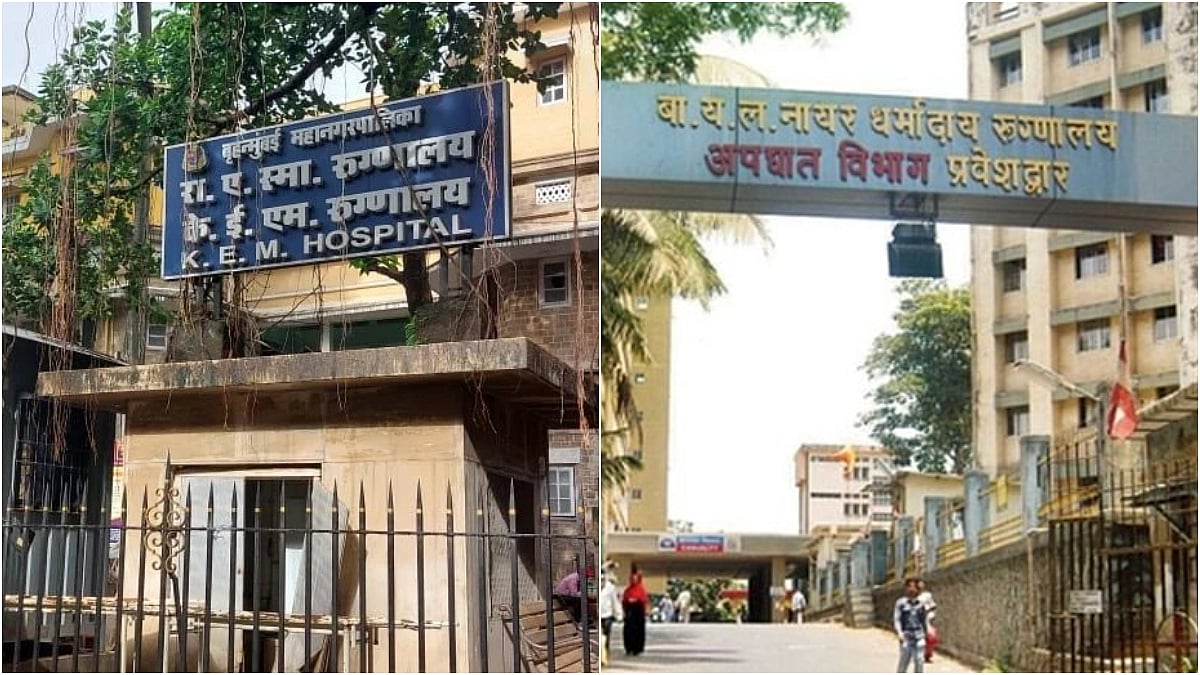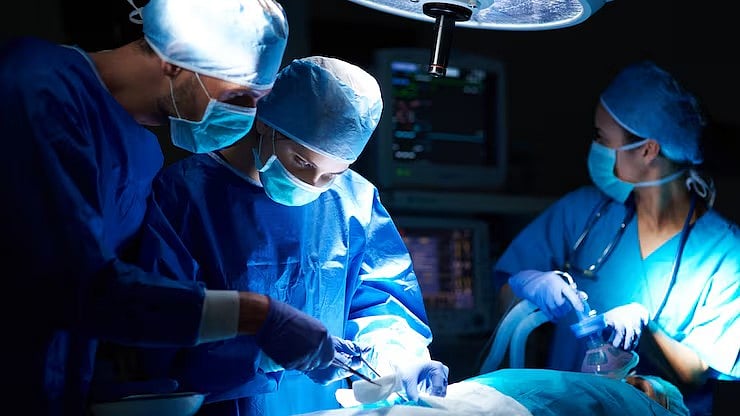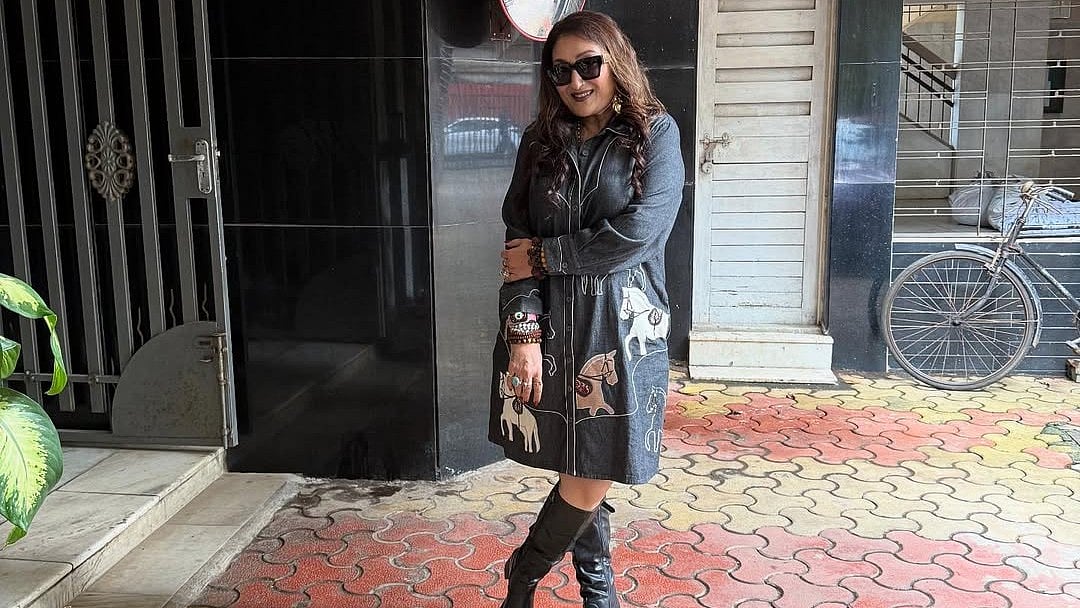Polycystic ovary syndrome (PCOS) is a problem with hormones that happens during the reproductive years. If you have PCOS, you may not have periods very often. Or you may have periods that last many days. You may also have too much of a hormone called androgen in your body.
With PCOS, many small sacs of fluid develop along the outer edge of the ovary. These are called cysts. The small fluid-filled cysts contain immature eggs. These are called follicles. The follicles fail to regularly release eggs.
The exact cause of PCOS is unknown. Early diagnosis and treatment along with weight loss may lower the risk of long-term complications such as type 2 diabetes and heart disease.
Symptoms of PCOS often start around the time of the first menstrual period. Sometimes symptoms develop later after you have had periods for a while.
The symptoms of PCOS vary and diagnosis is made when you have at least two of these: irregular periods, too much androgen, or polycystic ovaries. PCOS symptoms are typically severe in people with obesity.
See your health care provider if you are worried about your periods, having trouble getting pregnant, or if you have signs of excess androgen. Treatment depends on your age and the type and size of your cyst. It also depends on your symptoms. Once confirmed, you may try some natural remedies to help in the management of PCOS.
Acupressure for relief

You could also find some relief through the practice of acupressure and does not over ride the treatment given by your health provider.
For reproductive problems, use a Byol magnet. The white side should touch the medical adhesive tape and put it on the lower corner of nail of the ring finger (see figure).
Treatment for polycystic ovaries, the paste yellow side of the Byol magnet should touch the skin on the bottom corner of middle toe nail of the right foot (see figure).









